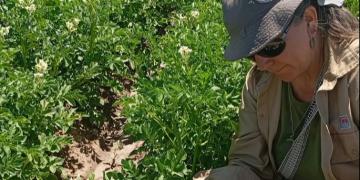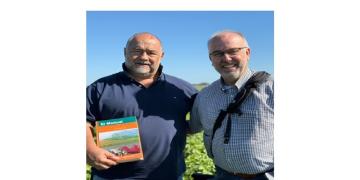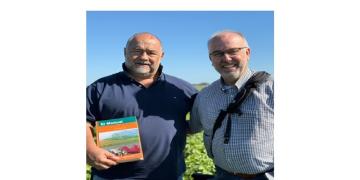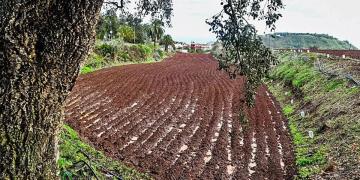The Global Potato: Food Futures of the Past
Cailey Hall, a PhD student at UCLA, writes in this article that the English author John Foster published a pamphlet in 1664 whose long title begins,

“Englands happiness increased, or, A sure and easie remedy against all succeeding dear years by a plantation of the roots called potatoes.” Although the potato has been cultivated in Europe for less than a century at this point — after making its way from the Andes on the ships of Spanish conquistadors — the tuber represents European imperial hopes for better food futures. It also makes many more individual futures, in the form of population growth, possible. Packed with essential vitamins, minerals, and fiber, the potato is a highly adaptable crop that generates far more calories per square acre than grain without requiring processing after being harvested.
The economist William McNeill has argued that “potatoes … permitted a handful of European nations to assert dominion of most of the world between 1750 and 1950,” in part “by forestalling rural starvation” during wars. This population growth in turn helped to increase the number of workers at home, and provided the manpower for colonial expansion abroad. In a timeline about the history of the potato, Cailey Hall illustrate how seemingly promising food futures usher in unforeseen social and environmental consequences.
Fuente: https://www.linktv.org/food-living/the-global-potato-food-futures-of-the-past




